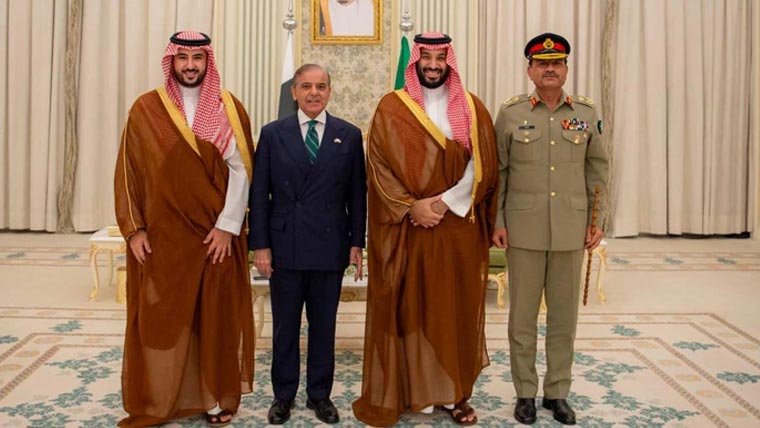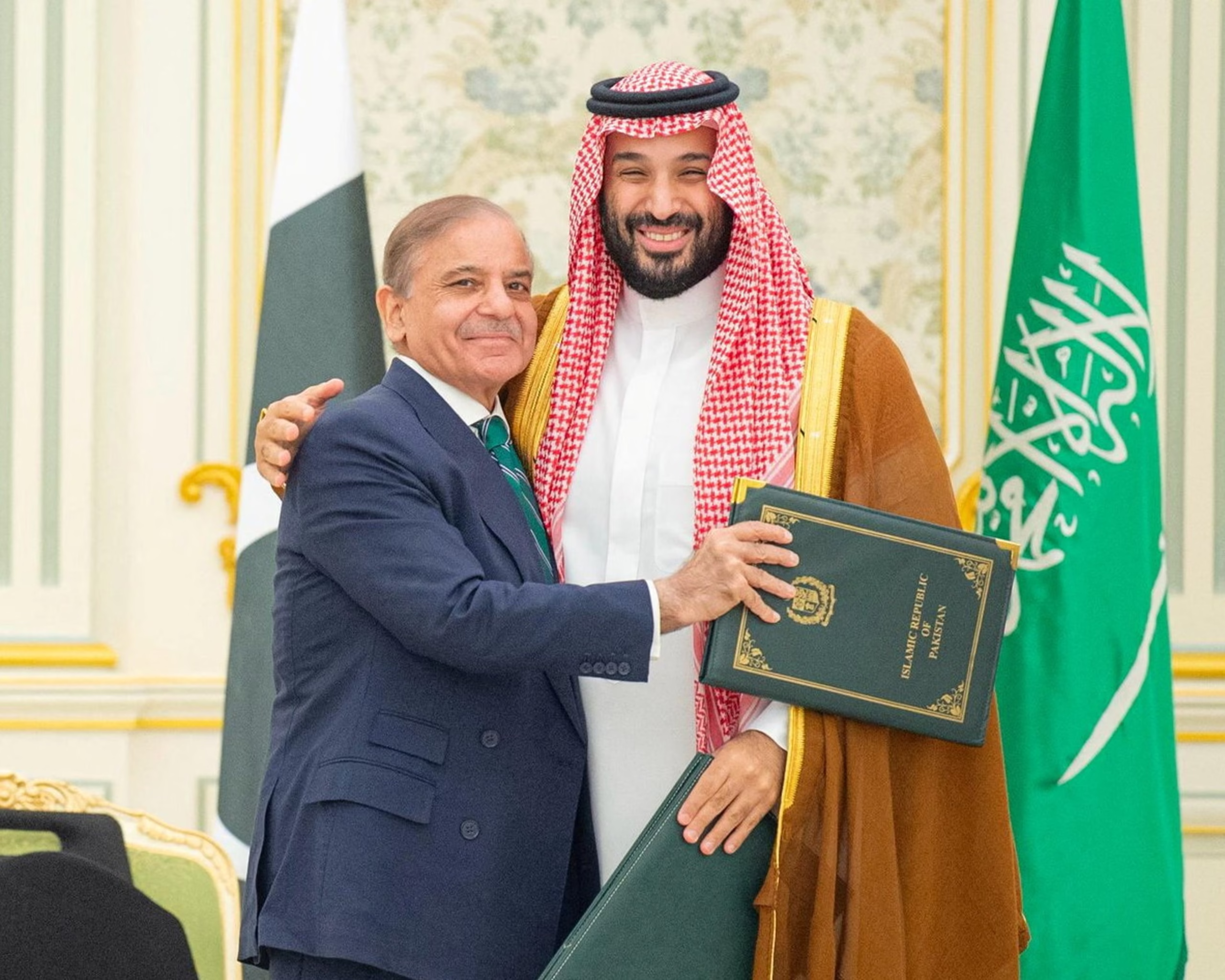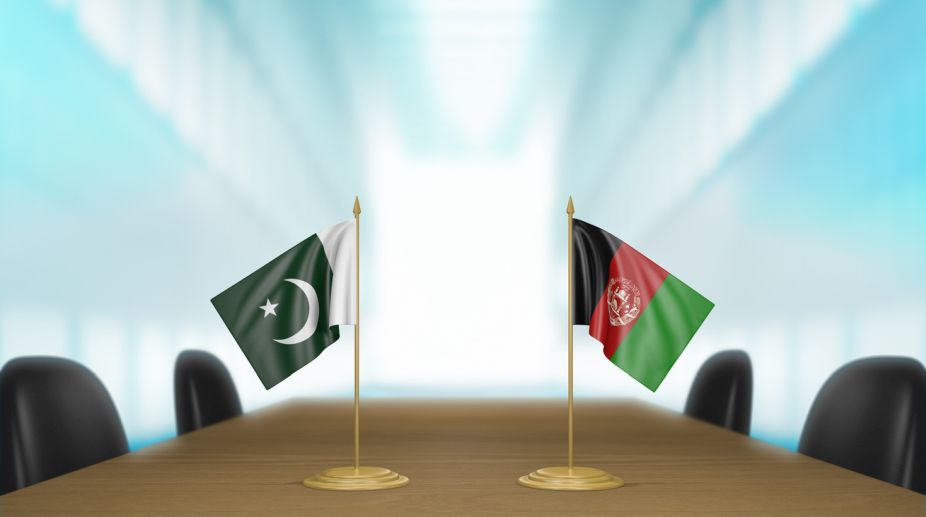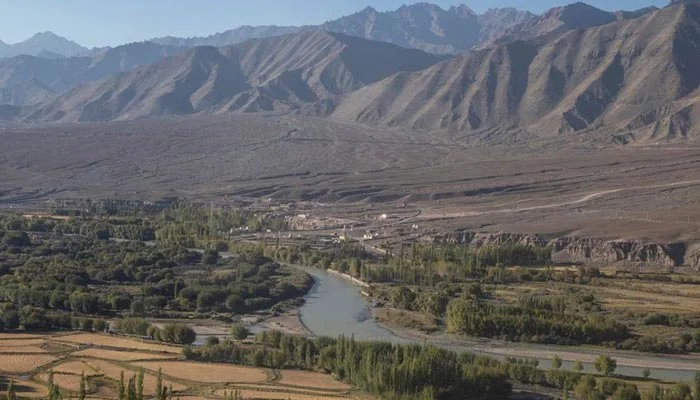Dr Shabana Shafdar Khan
In a region fraught with decades-long hostility and mistrust, PPP Chairman Bilawal Bhutto-Zardari has once again brought the world’s attention back to the unresolved and explosive tensions between India and Pakistan. His recent diplomatic remarks, made in the backdrop of growing regional instability, pinpoint three key fault lines that continue to endanger South Asia’s security: the Kashmir dispute, water conflicts, and cross-border terrorism. While these issues are not new, the urgency with which Bilawal has raised them underscores a deeper, more ominous truth — South Asia remains one miscalculation away from catastrophe, and the international community can no longer afford to look away.
The core of the India-Pakistan discord remains Kashmir — a flashpoint deeply embedded in history, law, and the unfulfilled aspirations of its people. For decades, Pakistan has advocated for a peaceful settlement under UN Security Council resolutions and with the consent of the Kashmiri populace. However, India’s actions in recent years, particularly under Prime Minister Narendra Modi and the Bharatiya Janata Party (BJP), have only deepened the crisis. The 2019 abrogation of Article 370, which revoked Jammu and Kashmir’s special constitutional status, was not just a domestic constitutional maneuver; it was a unilateral act that disregarded bilateral agreements, trampled international law, and confirmed India’s shift toward majoritarian nationalism.
By refusing both bilateral dialogue and third-party mediation, India has made a mockery of diplomatic norms while painting Pakistan as the sole obstacle to peace. This double standard — calling for regional stability while engaging in unilateral aggression — is not just ethically indefensible but diplomatically reckless. The ground reality in Occupied Kashmir remains grim: an enduring military lockdown, routine curfews, digital blackouts, and widespread human rights abuses. Kashmiris are caught in a geopolitical vice, with their voices muffled by both Indian security forces and global apathy. No peace framework in South Asia can be credible while ignoring their plight.
Beyond territorial disputes, Bilawal has also rightly flagged the intensifying conflict over water — an issue that has the potential to morph into an existential crisis for Pakistan. The Indus Waters Treaty (IWT), a rare instance of cooperation between the two nuclear-armed neighbors, has begun to fray under pressure. India’s increasingly aggressive hydrological posturing — including its suspension of treaty obligations and plans to build dams that divert river flows — represents a dangerous provocation.
Water is not merely a political tool; it is a lifeline for Pakistan’s agricultural economy and food security. The country relies on the Indus River system to irrigate its crops and sustain its growing population. Any attempt by India to tamper with this system constitutes an act of ecological warfare. In a climate-stressed region, weaponizing water is not only short-sighted but also potentially genocidal. Islamabad’s warnings must be heeded: any disruption to its rightful share will be treated as a breach of both treaty and peace.
India frequently accuses Pakistan of harbouring and facilitating terrorist elements, often using these claims to deflect from its own internal failings and regional misadventures. However, Pakistan has, on numerous occasions, presented evidence of India’s involvement in sponsoring terror groups operating within its borders. From supporting the Tehrik-i-Taliban Pakistan (TTP) to aiding the Balochistan Liberation Army (BLA), Indian interference is neither speculative nor imagined — it’s documented.
The issue of terrorism must be addressed honestly and multilaterally. No peace will emerge from selective condemnations and political point-scoring. India cannot claim the mantle of a responsible power while engaging in covert destabilization. A peaceful South Asia demands symmetrical accountability — one where neither side is given a moral blank check.
Prime Minister Shehbaz Sharif’s decision to send Bilawal Bhutto on a diplomatic outreach mission is both a tactical and symbolic move. Bilawal, as a former foreign minister and a vocal critic of Indian aggression, is well-positioned to articulate Pakistan’s case with both nuance and urgency. But diplomacy, no matter how skillful, cannot succeed in a vacuum. It requires engagement from both ends. India must move beyond its current obstinacy and recognize that dialogue, not denial, is the only sustainable path forward.
New Delhi’s aspirations to become a global leader will remain hollow unless it accepts the responsibilities that come with that role. This includes engaging in sincere peacebuilding, respecting international norms, and abandoning majoritarian chauvinism for regional harmony.
What gives Bilawal’s latest intervention even more weight is the nuclear dimension that continues to overshadow India-Pakistan relations. This is not rhetorical theatre; this is a real and terrifying scenario. With both countries possessing significant nuclear arsenals, even a minor conflict has the potential to escalate into a global disaster. The world cannot afford to treat South Asia’s problems as a regional nuisance. It must recognize the urgency and act accordingly — through mediation, pressure, and incentives for peace.
What Bilawal Bhutto-Zardari has done is not merely restate Pakistan’s historical positions but frame them in the context of today’s heightened geopolitical volatility. As alliances shift and new global fault lines emerge — particularly with the rise of China and the retreat of Western multilateralism — South Asia risks becoming a battlefield for proxy conflicts and nationalist adventurism.
It is in this climate that his words must be heeded. Peace in South Asia is not just a moral imperative; it is a strategic necessity. It requires honest reflection, mutual concessions, and a collective rethinking of what regional security truly means. India and Pakistan must stop treating diplomacy as a public relations exercise and start viewing it as an urgent national duty.
The path forward must involve the international community as well. Silence in the face of Indian intransigence has only emboldened aggressive policies in New Delhi. Major powers must recognize that their strategic partnerships with India come with responsibilities — particularly when it comes to regional peace and human rights.
Pakistan has made overtures for peace repeatedly. The onus now lies with India to respond not with bullets or blockades but with dialogue and diplomacy. Bilawal’s statements are a timely reminder that the status quo is neither acceptable nor sustainable. Without courageous political will on both sides, South Asia will remain trapped in its dangerous past.
History has already warned us. What remains is whether we choose to listen.














